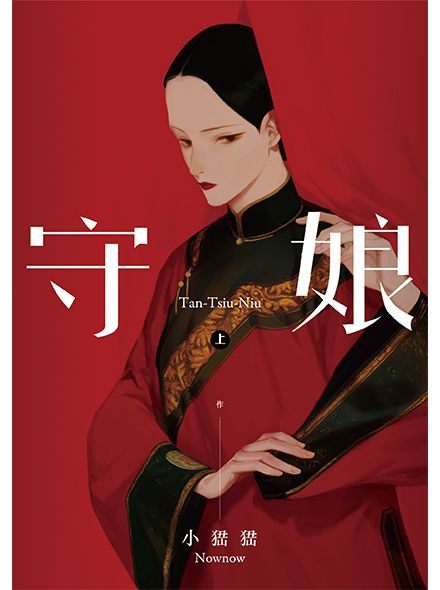Read Previous Part: https://booksfromtaiwan.tw/latest_info.php?id=136
Within yaoguai lies the hope that the younger generation can find their own way to approach their history and culture. Taiwan’s past, as it appears in yaoguai literature, is not conventional history — it is embellished by illusion. This is because the history passed on by this generation was no longer that of the nativist literature authors of the previous generation. There was no need for social realist representations of our native land. Instead we needed to generate interest in our culture, because we had to compete for the attention of Taiwanese readers who were fans of high-quality entertainment from Japan. These readers were already accustomed to viewing entertainment as something from a foreign source, so there was no particular advantage to being a local product. A book that wasn’t a fantastic read was bound to fail.
Thus, yaoguai literature had to take on two seemingly contradictory objectives: it must simultaneously be aware of the depth of history while also satisfying the demand for entertainment. Yokai Dominate Old Taipei (臺北城裡妖魔跋扈), a series of novels by author Xiao Xiang Shen (瀟湘神) is one outstanding example. Set in a parallel universe version of Taiwan, the series utilizes a struggle between Japanese yokai and Taiwanese folk gods to mirror the dynamics of Taiwan’s colonization by Imperial Japan in the late 19th and early 20th centuries. This seminal series perfectly illustrates how Taiwanese yaoguai literature was birthed from the womb of Japanese yokai culture.
The power of the historical consciousness inherent in yaoguai literature has made Taiwan of past eras the default backdrop for storytelling. Xiao Xiang Shen’s The Deadly Magic of the Golden Fiend (金魅殺人魔術), set in early 20th century Taiwan, replicates the multi-ethnic society of a commercial port town. Deftly blending the genres of yaoguai and detective stories, the novel can be viewed as a descendant of Japanese mystery writers like Kyogoku Natsuhiko (京極夏彥) and Mitsuda Shinzo (三津田信三).
Yaoguai literature is a curious flower grown in a hothouse of cultural anxiety. When you read these books you will find that Taiwanese writers have a deep understanding of cultural dimensions of illusion, which enables them to address Taiwan’s cultural predicament within the medium of yaoguai, and to push the limits to which serious ideas can be developed within a format that also entertains. For example, Taipei Legend Studio’s series Daemon Tales touches on the relationship between yaoguai and contemporary faith. The series includes Chang An’s (長安) The Snake Lord: Bride of the Scalloped Mirror (蛇郎君:蠔鏡窗的新娘), Tien Yeh-Hsiang’s (天野翔) Water Spirit: Red Eyes Beneath the Bridge (水鬼:橋墩下的紅眼睛), and Xiao Xiang Shen’s Mô-sîn-á: The Mesmerized Giant (魔神仔:被牽走的巨人).[1] Each addresses modern resonances within a historical moment from the past century of Taiwan’s history. Xiao Xiang Shen’s Mô-sîn-á further bridges the gap between Taiwan’s yaoguai and Okinawa’s yokai, excavating deep layers of contemporary Taiwanese identity.
.png)
Daemon Tales
Visual media have also embraced yaoguai. There are yaoguai picture books from illustrator Chiaos Tseng (角斯), Guardienne (守娘), a graphic novel about a Qing Dynasty ghost by Nownow (小峱峱), and Tiker’s (提克) The Sister of the Bamboo Stool and Other Tales of the Supernatural (婆娑島妖事錄), which combines five yaoguai stories into a single graphic novel. Both of these are conscious responses to Taiwan’s unique history. Yaoguai may sound like a subject of pure fantasy, but in Taiwanese books, it is never separated from the historical past. For this reason, yaoguai is an ideal medium for interpreting Taiwanese history and culture.

Guardienne
[1] Chang An is the pen name of Hsieh Yi-An, author of this article. –trans.